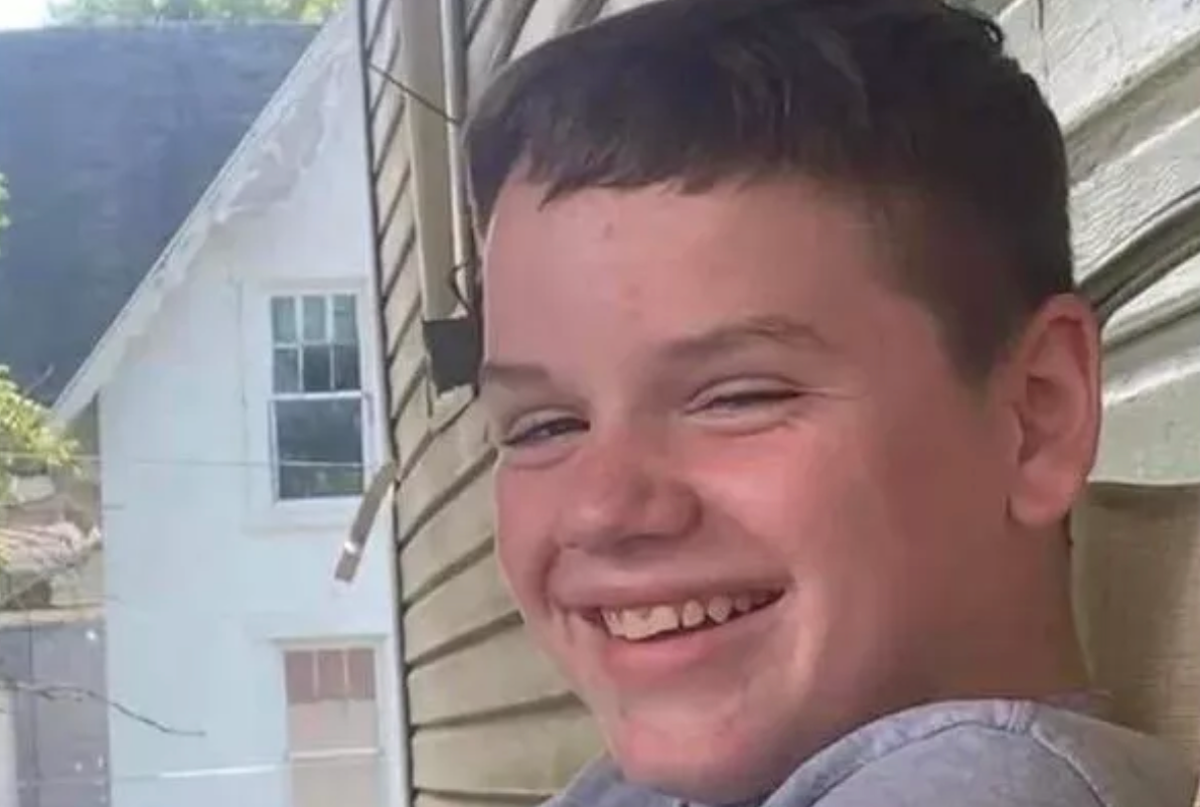
A 13-year-old boy died after participating in a viral TikTok challenge that involved consuming large quantities of Benadryl, an over-the-counter allergy medication.
The “Benadryl challenge” began circulating on the social media platform in 2020, at which point the Food and Drug Administration (FDA) issued a warning about the dangers associated with taking higher than recommended doses of the allergy medication.
At the time, the agency cited reports of teenagers ending up in the hospital after participating in the challenge. According to the FDA, participating in the dangerous trend could lead to “serious heart problems, seizures, coma, or even death”.
In an interview with ABC6, Justin Stevens, the father of 13-year-old Jacob Stevens from Ohio, revealed that his son had died six days after attempting the challenge, which involves consuming enough of the medication to induce hallucinations.
Stevens said the 13-year-old was placed on a ventilator when he was transported to the hospital, but died six days later, on what he described as “the worst day of his life”.
“When he did it all came at once and it was too much for his body,” Stevens said.
Jacob’s father said his son was at home with friends when he decided to try the dangerous social media challenge. As his friends filmed, the 13-year-old’s body started seizing.
At the hospital, Stevens said he was told that his son would never wake up.
“No brain scan, there was nothing there. They said we could keep him on the vent that he could lay there but he will never open his eyes, he’ll never breathe, smile, walk or talk,” he recalled.
As of 19 April, a GoFundMe created by Jacob’s aunt has raised more than $8,000, surpassing its $4,000 goal.
“No mother should have to say goodbye to their baby,” Jacob’s relative wrote in the description, in which she also noted that she is confident her nephew “didn’t think this was going to be the outcome”.
In an obituary written by Jacob’s family, the 13-year-old is remembered as a “well-mannered, funny, loving kid” who enjoyed “listening to music, playing football, and hanging out with his friends”.
The FDA previously revealed that it contacted TikTok about the dangerous videos and “to be vigilant to remove additional videos that may be posted”.
At the time, the agency also said health care professionals should be “aware” of the challenge and “alert caregivers” about the trend. They also noted that the allergy medication, and other prescription and over-the-counter medicines, should be stored “up and away”.
The death from the TikTok challenge comes after Cook Children’s Medical Center in Fort Worth, Texas, said it had treated three teens hospitalised after consuming “excessive amounts” of the medication.
TikTok has since banned searches for “Benadryl” on the app. Though, attempts to look up the name of the allergy medication now result in other suggestions, such as the “bena challenge” or the “benary changle,” which include videos about the dangerous trend.
In a 2020 statement to The Independent, a spokesperson for TikTok said: “The safety and well-being of our users is TikTok’s top priority. As we make clear in our Community Guidelines, we do not allow content that encourages, promotes, or glorifies dangerous challenges that might lead to injury.
“Though we have not seen this content trend on our platform, we actively remove content that violates our guidelines and block related hashtags to further discourage participation. We encourage everyone to exercise caution in their behaviour whether online or off.”
In a statement to The Independent following the boy’s death, a spokesperson said: “Our deepest sympathies go out to the family. At TikTok, we strictly prohibit and remove content that promotes dangerous behaviour with the safety of our community as a priority.
“We have never seen this type of content trend on our platform and have blocked searches for years to help discourage copycat behaviour. Our team of 40,000 safety professionals works to remove violations of our Community Guidelines and we encourage our community to report any content or accounts they’re concerned about.”







